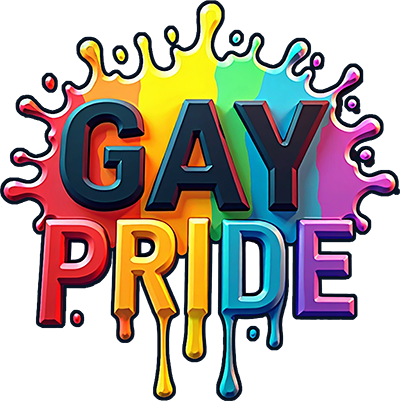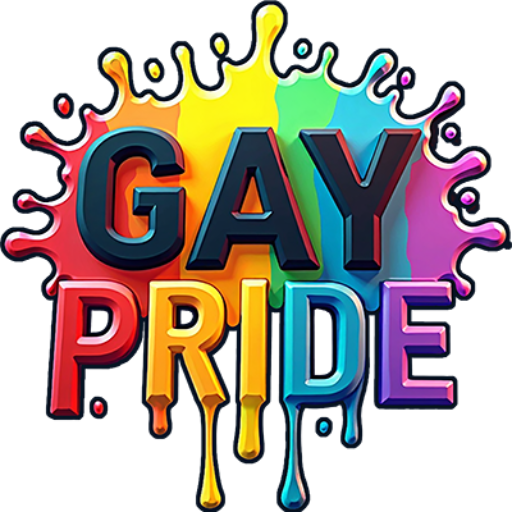How to Educate Others About LGBTQ Issues 🌈
In today’s diverse world, understanding and educating others about LGBTQ issues is more important than ever. Whether you’re an ally or part of the community, sharing knowledge can foster acceptance and inclusivity. In this post, we’ll explore effective ways to educate others about LGBTQ issues with empathy and respect.
Table of Contents
- Introduction: Why Education Matters
- Start with Yourself: Personal Education
- Use Empathy and Understanding
- Engage with LGBTQ Stories and Media 🎥
- Host Workshops and Discussion Groups
- Utilize Social Media for Awareness 📱
- Conclusion: The Journey of Education
- FAQ
Introduction: Why Education Matters
Education is the cornerstone of progress. When it comes to LGBTQ issues, understanding leads to empathy, empathy leads to acceptance, and acceptance fosters a supportive community. Educating others about these issues not only benefits the LGBTQ community but enriches society as a whole. A well-informed person is more likely to advocate for change and inclusivity.
Start with Yourself: Personal Education
Before you can educate others, it’s crucial to educate yourself. Start by reading books, watching documentaries, and following credible resources online. Familiarize yourself with terminology, historical context, and current issues facing the LGBTQ community. This foundational knowledge will empower you to have informed discussions.
Use Empathy and Understanding
When discussing LGBTQ issues, approach conversations with empathy. Remember, everyone is on their own journey of understanding. Share your insights with patience and openness, and be willing to listen to others’ perspectives. Sometimes, the most powerful way to educate is through compassionate dialogue.
Engage with LGBTQ Stories and Media 🎥
Stories are powerful tools for education. Encourage others to engage with LGBTQ media—films, books, and podcasts offer personal insights into the community’s experiences. Share stories that resonate with you and highlight diverse voices within the LGBTQ spectrum.
Host Workshops and Discussion Groups
Organizing workshops or discussion groups can be an impactful way to educate a larger audience. Invite speakers from the LGBTQ community to share their experiences and insights. Create a safe space for open dialogue, where attendees can ask questions and learn in a supportive environment.
Utilize Social Media for Awareness 📱
Social media is a powerful platform for spreading awareness. Share articles, infographics, and personal stories to educate your followers. Use hashtags to connect with broader conversations and amplify voices from the LGBTQ community. Remember, online interactions can reach far beyond your immediate circle, helping to educate a global audience.
Conclusion: The Journey of Education
Educating others about LGBTQ issues is an ongoing journey. By committing to learning and sharing knowledge, you contribute to a more inclusive and understanding world. Remember, every conversation and shared story brings us one step closer to acceptance and equality. Keep learning, keep sharing, and keep advocating for a better tomorrow.
FAQ
What are some resources for learning about LGBTQ issues?
There are numerous books, documentaries, and websites dedicated to LGBTQ education. Some popular resources include “The ABCs of LGBT+” by Ashley Mardell and the documentary “Disclosure” on Netflix.
How can I address misconceptions about LGBTQ issues?
Address misconceptions by sharing factual information and personal stories that challenge stereotypes. Encourage open dialogue and provide resources for further learning.
Why is it important to use correct LGBTQ terminology?
Using correct terminology shows respect and understanding. It helps create a safe and inclusive environment for everyone, allowing individuals to express their identities authentically.
How can I support LGBTQ youth in my community?
Support LGBTQ youth by volunteering at local organizations, attending pride events, and being a visible ally. Listen to their experiences and advocate for their rights in your community.

